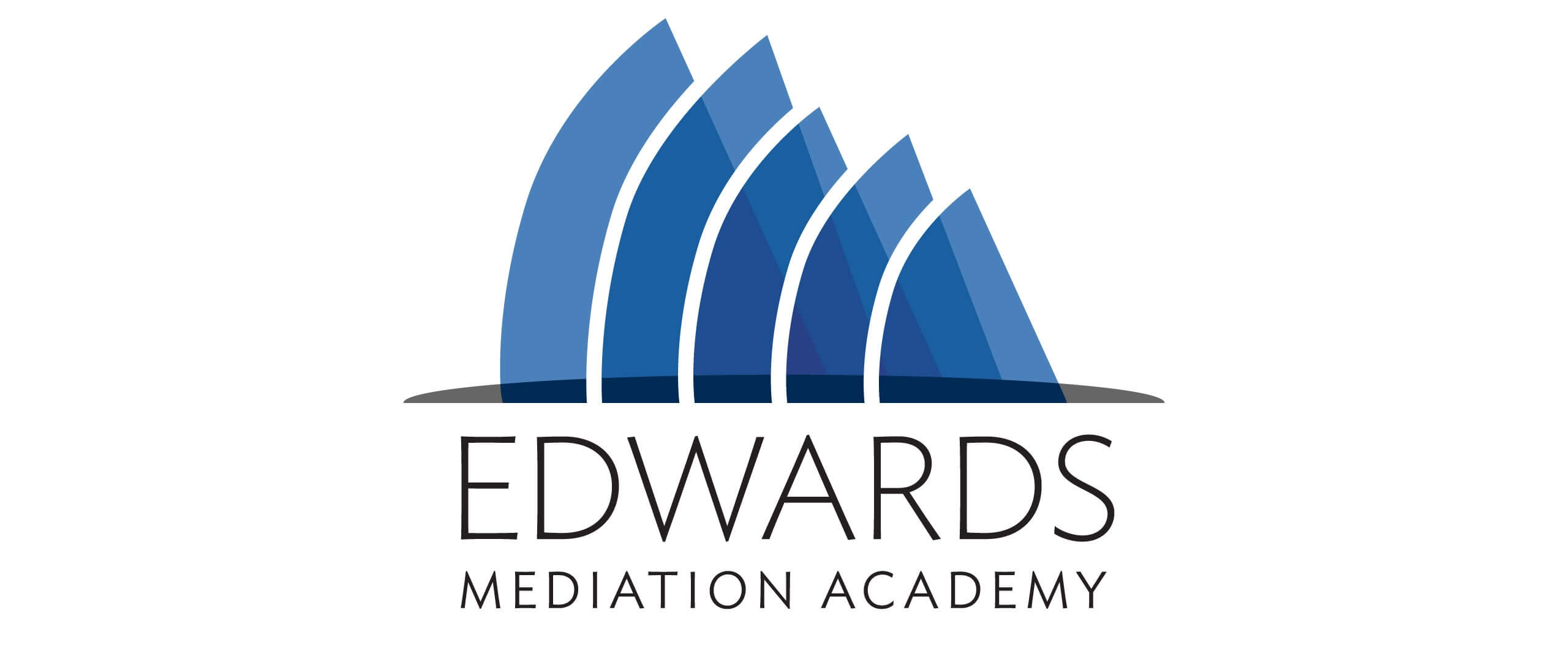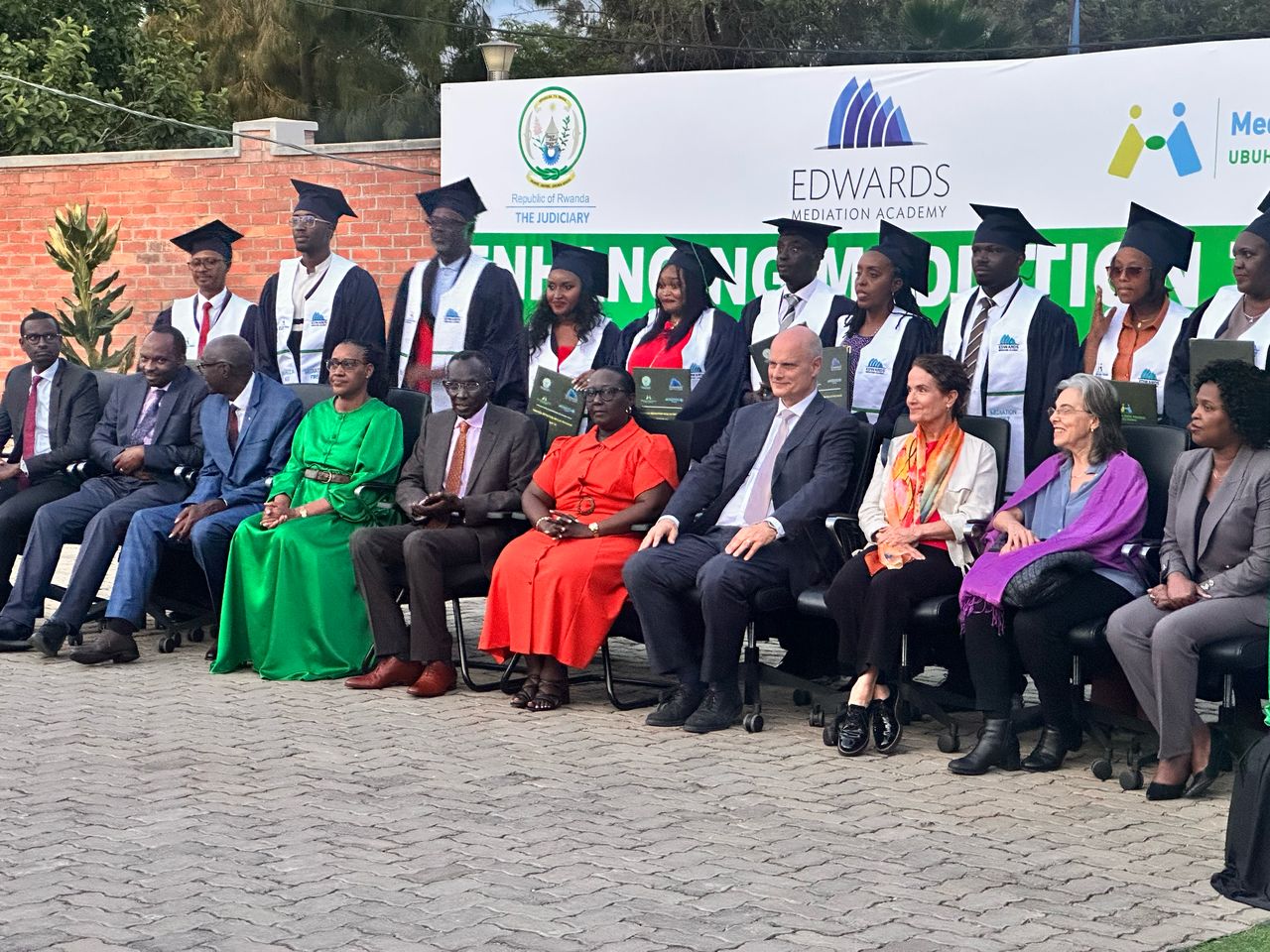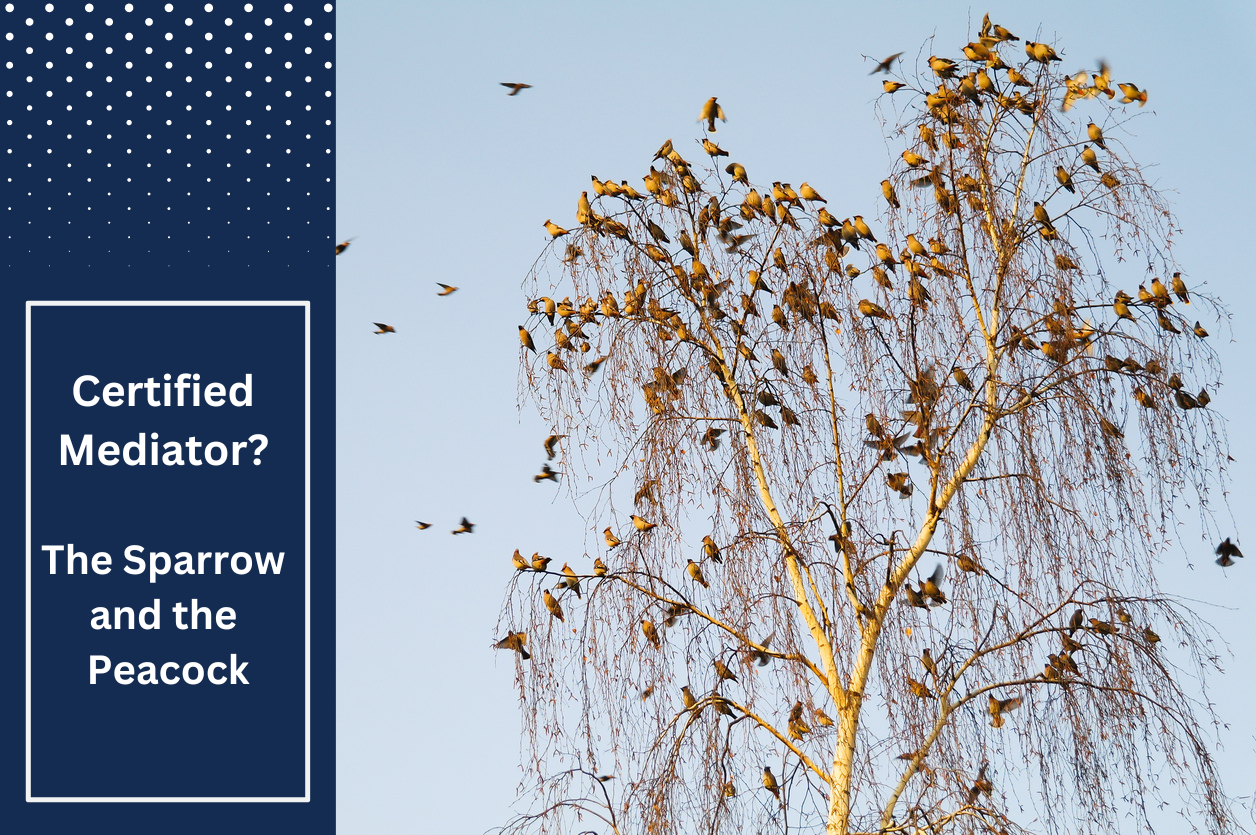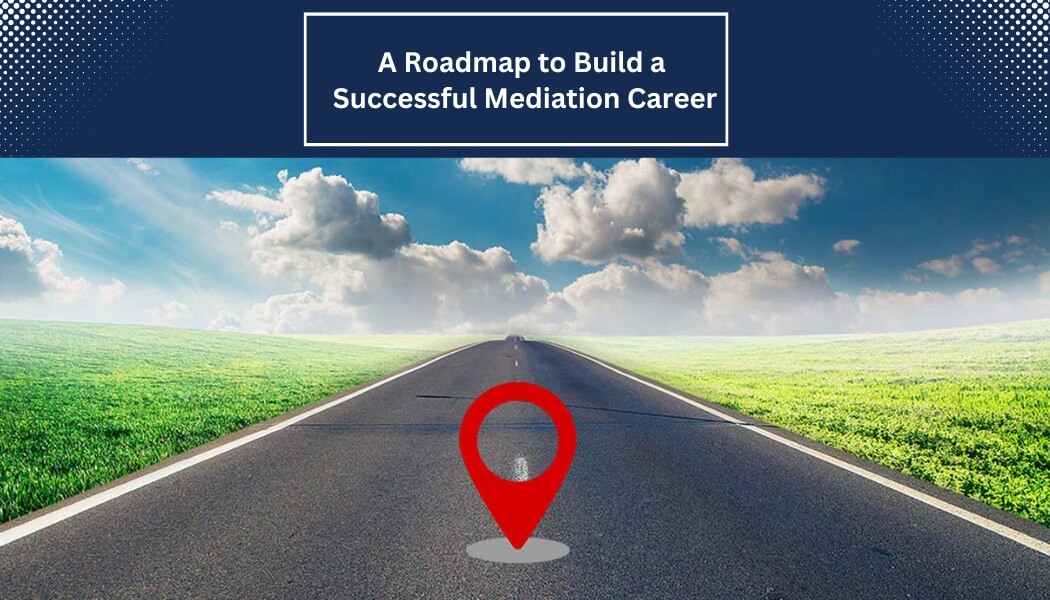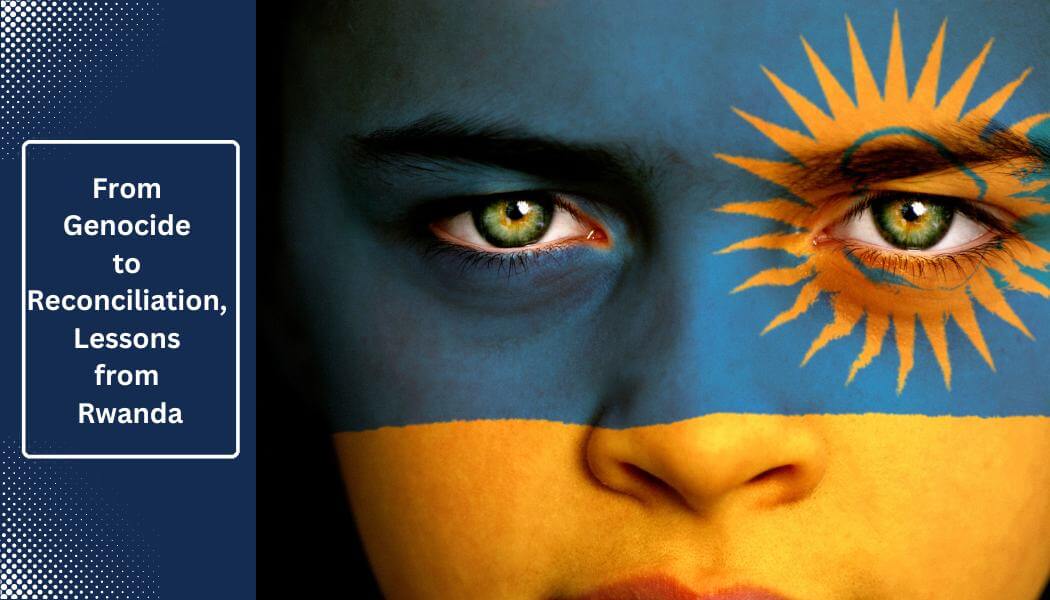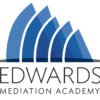Rwanda is a country of a thousand hills and beautiful mountains, endlessly terraced by farmers. Young children running everywhere, wearing brightly colored school uniforms. Women with babies strapped to their backs, balancing loads on top of their heads. It’s an impressively clean country, free of trash (plastic bags are banned from use here). A visitor is immediately struck by the friendliness of the Rwandan people, along with their sense of unity and common purpose.
Yet, buried just beneath this national identity, and no doubt inspiring it, lies a gaping wound, the genocide of 1994. In a period of just over 100 days, Rwandans who identified as members of the Hutu tribe systematically slaughtered over one million Tutsis and moderate Hutus in an ethnic cleansing, not seen since the time of Nazi Germany. In the decades since, Rwanda has embarked on a grand experiment to confront its past head on and, through a process of truth and reconciliation, rebuild a stronger, better country.
It was against this backdrop that I arrived in Kigali, the capital of Rwanda
I was traveling with my friends and colleagues, Danny Weinstein and Emily Gould, to meet with government officials, judges and the Rwandan Bar Association. Our goal was to provide training and support for a national initiative to bring the process of mediation to civil litigation.
Our first stop was a somber tour of the Genocide Memorial. One can’t begin to understand the Rwandan culture without first attempting to comprehend their defining past. We laid flowers on the mass grave containing the remains of the 250,000 victims of genocide who were killed in the region. Then, we walked through the memorial building containing photographs of thousands of children, human bones and clothing unearthed from burial sites. It was impossible not to be moved by the magnitude of human loss and psychic trauma that remain in its wake.
Confronting and healing the past
We drove through the countryside and observed first-hand the resolve of the government and the commitment of the Rwandan people to confront their past by establishing a system of community courts for conflict resolution, first the Gacaca Courts and now Abunzi. In these local courts, individuals who commit atrocities are brought face to face with survivors, as the first step toward building a culture of reconciliation and forgiveness.
We also observed one of the local community peace centers, Ihumure, where trained community mediators handle mediation of local disputes. We were hosted as special guests, invited to a daylong celebration with dancing and songs of national pride. Most impressive were the testimonials of people who had been helped by mediators trained at the center, including a couple recovering from a cycle of spousal abuse. The most moving story came from a gentleman who had committed atrocities in the genocide. His actions continued to bring him shame, even after serving time in prison. The Ihumure mediators brought him together with a relative of the victims of his crime to discuss forgiveness and reconciliation. The embrace between them was a poignant reminder of what is possible through apology and forgiveness. This strong culture of local mediation raised our hopes of extending the practice of reconciliation to the civil justice system.
Open-mindedness to new ideas and commitment to leadership
Upon our return to Kigali, we met with our program host, Dr. Fidele Masengo, from the Kigali International Arbitration (and mediation) Center (KIAC) to plan our upcoming meeting with government officials. The following day, under the leadership of the Minister of Justice and the Chief Justice of the Rwandan Supreme Court, Judge Weinstein and I led a discussion with fifty high ranking government officials on the importance of expanding community based mediation to the judicial and government sectors. Never have I been more impressed by open-mindedness to new ideas and commitment to top down leadership than I was that day. It seemed that the tragic history of the country had afforded a veritable petri dish for the country to reinvent itself, and there seemed an urgency that is often missing in most governmental institutions.
For the next several days, we continued our lectures, discussions and creative dialogue, first with the judges and then with members of the Rwandan Bar Association. We left an energized audience with our promise of future support and training, as the Rwandan judicial sector seeks to implement mediation in their civil court system.
Sometimes, as I travel the world discussing mediation in different counties, I witness societal challenges that seem overwhelming, and I wonder if I am making a difference. On the wall of the genocide Memorial there is an inscription etched in glass and taken from the Talmud that reads, “If you save a life, you save the world.” As a commercial mediator, I’m under no illusion that I am saving lives every day. Yet, what stronger, more vivid reminder of the urgency and importance of why we do what we do than the people of Rwanda. I am leaving the country truly inspired by the human spirit and the imperative nature of conflict resolution skills in whatever form we can offer.
Edwards Mediation Academy is an online education platform dedicated to improving the skills of mediators around the world. It was co-founded by Bruce A. Edwards and Susan Franson Edwards. All of our courses are engaging—shadow (virtually) as though sitting at the table; interactive—developed by learning professionals with no boring lectures and taught by the leading commercial mediators in the US. At Edwards Mediation Academy, our students learn mediation theory and, more importantly, learn to mediate.
